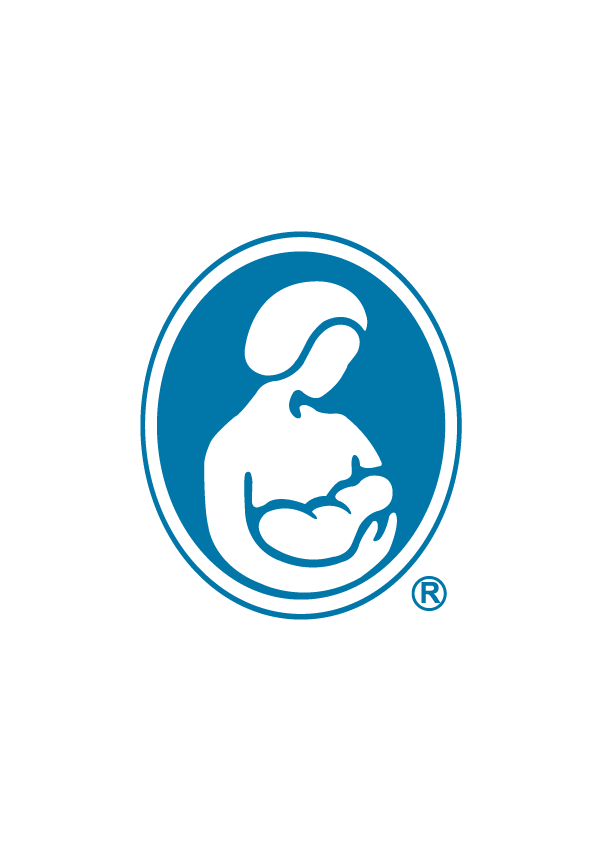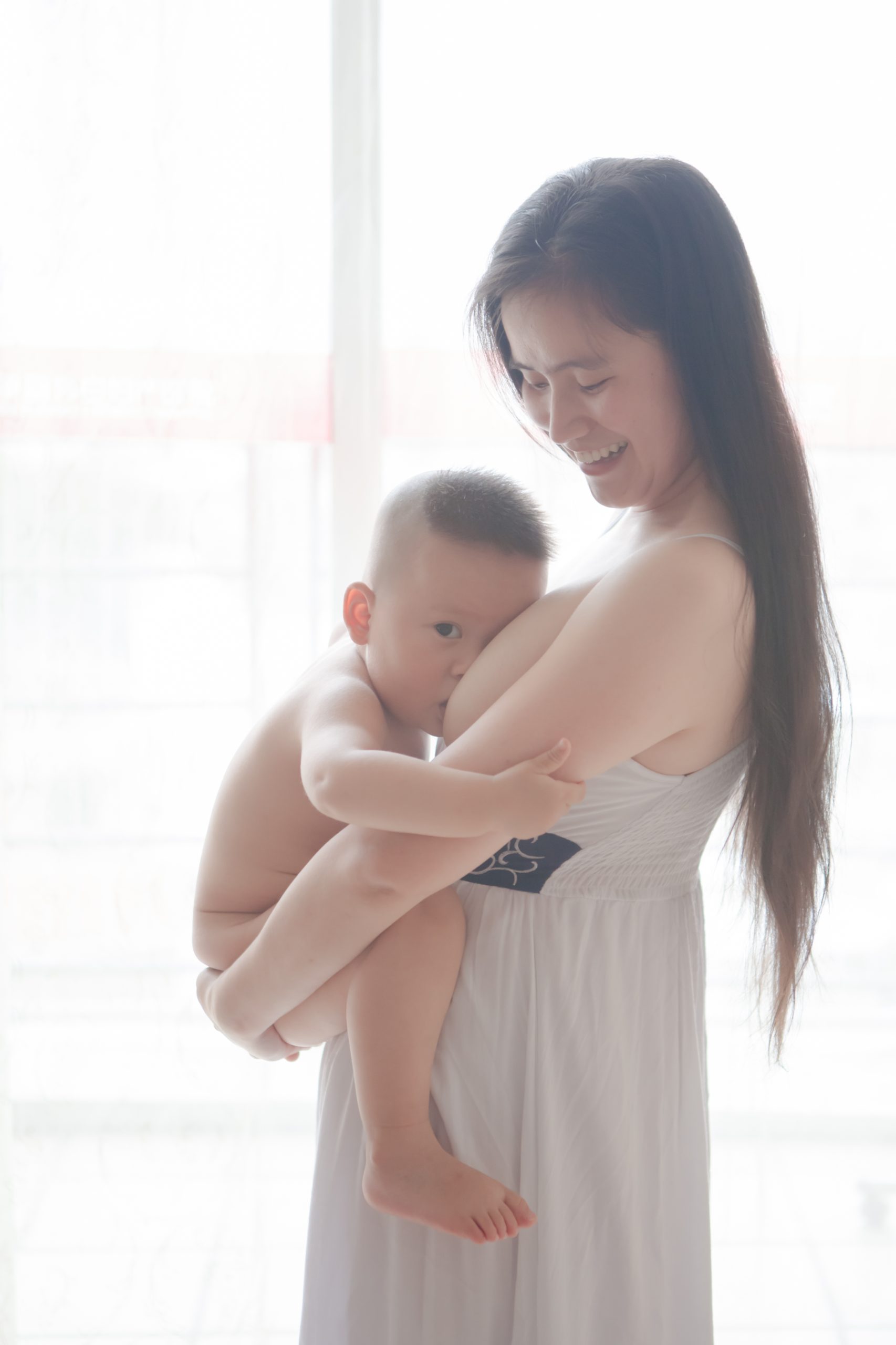翻译:鲁鹭 审稿:Daisy, Missy
It’s much easier to travel with a breastfed baby than a bottle-fed one. A breastfeeding mother doesn’t need to worry about packing bottles and formula or sterilizing all the feeding supplies. Your milk is always ready and always at the right temperature, and the comfort of nursing can help reduce the stress of being in unfamiliar places.
带母乳宝宝出门旅行要比带奶粉宝宝容易得多。母乳喂养的妈妈不用操心如何打包奶瓶和配方奶粉,或者如何给所有这些喂奶器具消毒。您的母乳每时每刻都是准备好了的,也总是温度适宜,此外,哺乳的舒适也能减轻身处陌生环境的压力。
If you fly, take an extra set of clothes for you and the baby in your carry-on bag in case your luggage is delayed (or the baby’s diaper leaks onto your lap). Wear a loose-fittingtop you can easily pull up for nursing. A light blanket can help give you privacy in tight quarters. Air travel can be dehydrating, so make sure you drink plenty of water and/or juice. Your baby may feel some temporary discomfort during the plane’s descent as the air pressure changes. Sucking (more specifically, swallowing) may relieve this discomfort, as it helps the ears to ‘pop’. Note that safety experts recommend that, to avoid injury, babies and children should stay restrained in their seats for the duration of the flight just as adult passengers are expected to do. They also contend that it’s just as important to properly restrain your child in a plane as it is in a car. (See References below.) Many mothers find that it is possible to breastfeed their baby in a car seat while remaining buckled in themselves. As an alternative, you may wish to offer a pacifier or sippy cup.
如果您坐飞机,在随身行李里给自己和宝宝额外备一套衣服,以防托运行李迟迟未送到(或者宝宝的尿布漏了,弄到您的腿上)。穿着一件宽松的上衣以便您能轻松地掀开哺乳。您可以找个角落,用一张轻便的毯子遮蔽以保护隐私。飞行途中您可能会失去一些水分,请妈妈确保自己摄入足量的水分或果汁。在飞机起降期间,您的宝宝可能会因为气压改变而感到暂时的不适。吮吸(更确切的说,是吞咽的动作)能舒缓这种不适,因为它帮助宝宝的耳朵“通气”。安全专家提醒,为避免在飞行期间受伤,婴儿和儿童都应待在座位上、保持安全带系好,正如他们也向所有成年乘客做出同样的要求一样。安全专家还提醒说,飞行期间孩子系好安全带,就如同坐汽车时孩子必须待在安全座椅里一样重要(详见下面的参考资料)。不少妈妈会发现,她们在汽车里绑着安全带时也能给宝宝哺乳。您也可能想给孩子其他的安抚物作为替代,如安抚奶嘴或吸管杯。
On a long car trip, be sure to allow extra time for breastfeeding stops. It’s unsafe (and illegal in most places) to travel with the baby in your arms. If your baby needs to be held, stop the car and take a break. If your baby sleeps well in the car, consider driving at night or during nap times.
在长途汽车旅行时,请确保给自己留出额外的时间来哺乳小憩。抱着宝宝坐车是不安全的(并且在大部分地区是违法的)。如果您的宝宝想要被抱着,那么停车,休息会儿。如果您的宝宝在车里能睡得很好,您可以将开车时间安排在晚上或者宝宝的小睡时段。
Even the most enjoyable traveling can be tiring with a baby. Try to leave plenty of time in your schedule for relaxing and unwinding. Pay careful attention to your own needs for nutritious food, plenty of liquids, and rest. Watch carefully to see that your baby is not overtired from too much handling or stimulation. He or she may want to nurse more than usual. It’s not unusual for a baby’s schedule to change when you’re away from home.
就算是最惬意的旅行,带着宝宝也可能会让您觉得疲惫。试着在行程时间表里给自己留出足够的休息和放松时间。悉心照顾自己,摄取有营养的食物和充足的水分,保证休息时间。关注宝宝,避免宝宝因为疲于应付过度的刺激而过于劳累。他或她可能比平时更爱吃奶。出门在外期间,宝宝的作息时间改变并不少见。
Depending on your baby’s age, bring along a few familiar toys as well as some new ones to entertain him/her. Some babies sleep better in strange places if you bring sheets and/or blankets from home (they’ll smell and feel right to the baby). If you will be visiting friends or relatives who aren’t supportive of breastfeeding, try some role-playing ahead of time to help you deal with criticism. (Look for more suggestions in the FAQ about “Dealing with Criticism about Breastfeeding.”)
根据您宝宝的年龄段,在带些新玩具的同时也带一些他熟悉的旧玩具,让他愉快地度过旅行时光。如果您带着宝宝一直用的被子和(或)毯子(它们闻起来、摸起来令宝宝感觉舒适),能令有些宝宝在陌生的地方睡得更好。如果您将要拜访的亲友对母乳喂养不是特别支持的,提前做些角色扮演练习,以便您能应对批评(更多关于应对批评的建议,请参考llli.org“常见问答”中“如何处理关于母乳喂养的批评”)。
References 参考资料
Childproof your flight — this brochure from the Federal Aviation Administration of the USA discusses the importance of approved child restraint systems during airplane travel. (PDF file)
Our FAQs present information from La Leche League International on topics of interest to parents of breastfed children. Not all of the information may be pertinent to your family’s lifestyle. This information is general in nature and not intended to be advice, medical or otherwise. If you have a serious breastfeeding problem or concern, you are strongly encouraged to talk directly to a La Leche League Leader. Please consult health care professionals on any medical issue, as La Leche League Leaders are not medical practitioners.
Resources
THE WOMANLY ART OF BREASTFEEDING, NEW 8th Edition, published by La Leche League International, is the most complete resource available for the breastfeeding mother.
Page last edited 2016-01-10 00:21:10 UTC.

